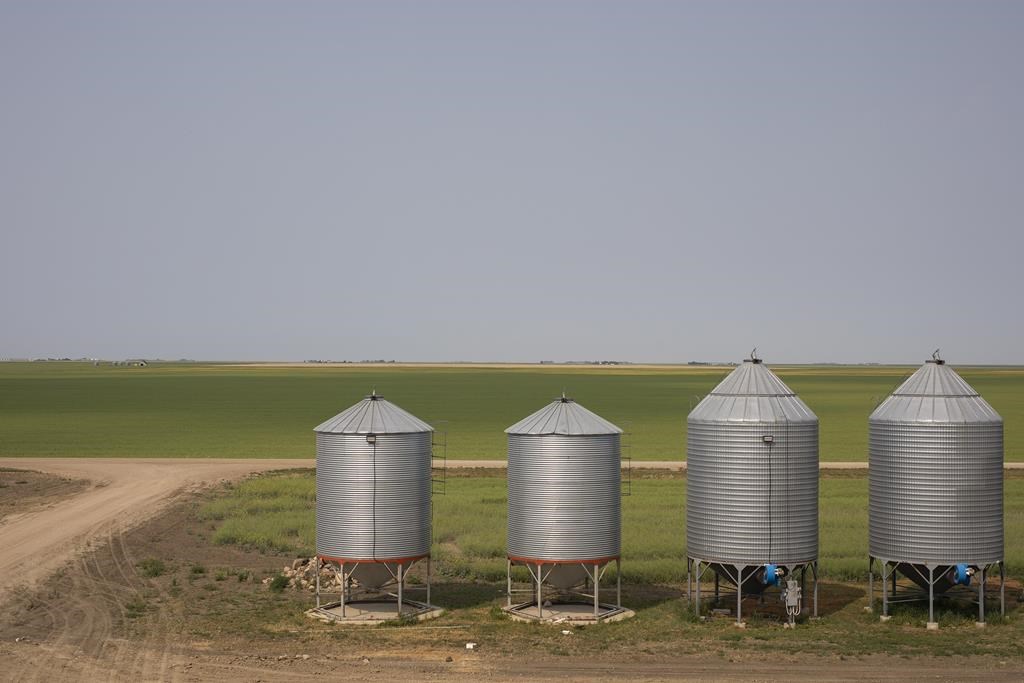Effective April 1, the Saskatchewan Ministry of Finance has made several amendments to the Provincial Sales tax (PST).

According to the ministry, the new regulations will provide greater clarity to farmers and help ensure that PST is applied fairly and consistently to farming and agricultural goods and services.
“After speaking with agricultural organizations in our province, we heard concerns that PST was inconsistently applied to farming and agricultural activity,” Deputy Premier and Finance Minister Donna Harpauer said in a press release Friday.
“The changes to the PST regulations will be more equitable, consistent and protect farmers against perceived ‘PST creep’ in farming activity.”

Get daily National news
The new exemptions on PST included:
- prefabricated windbreaker panels for use in the protection and handling of livestock
- insulators for electrified livestock fences
- certain farm equipment attached to a registered vehicle
- on-farm dugout excavation and trenching (in specific circumstances related to farming)
As well, the following products are exempt from PST
- water storage tanks used in spraying or irrigating crops
- storage tanks for weed control chemicals, insecticides, fungicides, herbicides and liquid fertilizer
- adjuvants that improve their efficacy or application
- portable seed cleaners used on-farm by farmers in preparing their crop for storage or market (farmers in the business of seed cleaning must pay PST on their seed cleaning equipment)
- farm tractors
In total, the estimated annual cost of these changes is about $1 million.
“While inflation and operating costs have been rising the last couple of years, cattle producers, and all farmers, simply cannot pass along higher costs including taxes,” Saskatchewan Cattlemen’s Association chair Arnold Balicki said. “Keeping this tax out of the industry helps keep it on a level and fair playing field, making us more competitive in the long run.”





Comments
Want to discuss? Please read our Commenting Policy first.